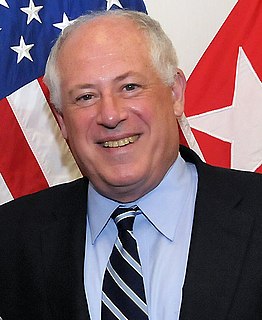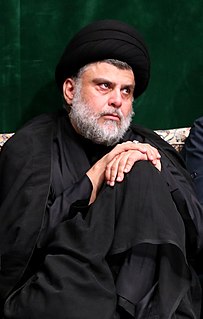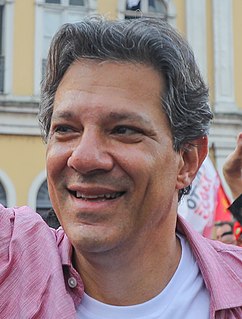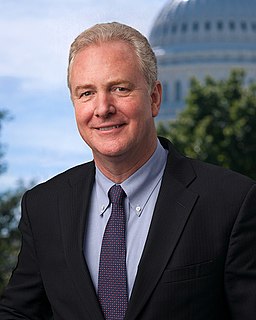A Quote by John F. Kerry
Governor Dean has no policy on Iraq evidently, except 'no.' 'No' is not a policy.
Related Quotes
Former Vermont Governor Howard Dean was all smiles, well smirks, after picking up the endorsement of former Vice President Al Gore at a rally in Harlem ... Gore went on to praise Dean for taking a tough anti-war stance before the invasion of Iraq and he praised Dean supporters in hopes that will ease his concerns over lack of foreign policy experience, and his lack of support among blacks and Latinos, and his hot temperament, and perceived arrogance, and policy flip-flops, and campaign glitches. Well, there's a lot going on here.
I'm not surprised that Governor Dean would oppose [the $87 billion to fund Iraq reconstruction].... I've lost confidence that he has any understanding of the national security responsibilities of a President... [b]ecause I don't believe that he has any understanding of the international role that the United States has to play in the world. I think it's a kind of a pseudo-isolationism that appeals to the base of the caucus voters. I do not believe that particularly in the case of Iraq that Governor Dean has any fundamental understanding of what's at stake here.
Regime change has been an American policy under the Clinton administration, and it is the current policy. I support the policy. But regime change in and of itself is not sufficient justification for going to war--particularly unilaterally--unless regime change is the only way to disarm Iraq of the weapons of mass destruction pursuant to the United Nations resolution.
The policy that received more attention particularly in the past decade and a half or so has been the US cocaine policy, the differential treatment of crack versus powder cocaine and question is how my research impacted my view on policy. Clearly that policy is not based on the weight of the scientific evidence. That is when the policy was implemented, the concern about crack cocaine was so great that something had to be done and congress acted in the only way they knew how, they passed policy and that's what a responsible society should do.
After the revolution of 1979, Iran embarked on a policy of sectarianism. Iran began a policy of expanding its revolution, of interfering with the affairs of its neighbors, a policy of assassinating diplomats and of attacking embassies. Iran is responsible for a number of terrorist attacks in the Kingdom, it is responsible for smuggling explosives and drugs into Saudi Arabia. And Iran is responsible for setting up sectarian militias in Iraq, Pakistan, Afghanistan and Yemen, whose objective is to destabilize those countries.
































